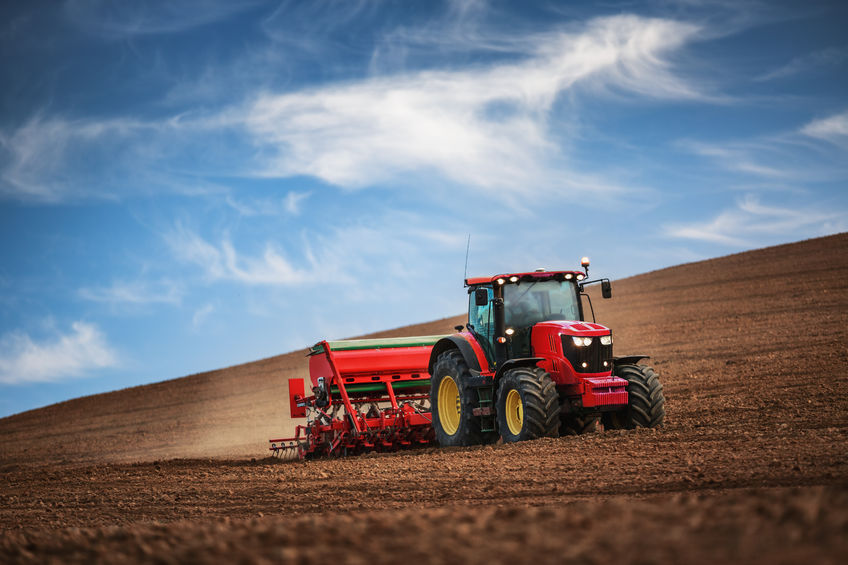
Universities across Europe are to take part in a €10m (£8.7m) project to transform farming.
Recent policies of agriculture based on intense mechanisation, excessive use of external inputs (water, energy, fertilisers, pesticides etc) and mono-crop farming has resulted in soil degradation, reduced biodiversity and increased economic risk for European farmers.
To increase diversification, biodiversity and foster sustainable development of bioeconomy, the European-wide consortium is aiming to develop and deploy innovative farming and agribusiness models.
Portsmouth University is one of the universities taking part in the project. It has been awarded £165,416 from the EU-funded Horizon 2020 as part of a €10 million five-year project to increase the long-term resilience, sustainability and economic revenues of agriculture across the EU.
It will do this by assessing the benefits and minimising the limitations, barriers and drawbacks of diversified cropping systems under low-input practices that are tailor-made to fit the unique characteristics of six EU pedoclimatic (a microclimate within soil that integrates the combined effects of its temperature, water content and aeration) regions - Mediterranean south and north, Atlantic central, Continental, Pannonian and Boreal.
University of Portsmouth researchers will develop mathematical models to explore how diversified cropping systems, tested in field experiments and case studies, influence soil-water-atmosphere-plant systems from farm to landscape level, for each of the regions included in the project.
The results will help to develop a simple decision support tool to select the most appropriate cropping systems and agricultural practices to improve farm productivity and sustainability. It will also provide guidelines for the most efficient uses of resources across the many sectors involved in the bio-economy.
Crop diversification
Dr Marianna Cerasuolo, Senior Lecturer in the Department of Mathematics at the University of Portsmouth said: “In view of the socioeconomic and environmental problems arising from monocropping and high-input systems, there is now a growing emphasis on crop diversification and optimised use of resources.
“Increase in land productivity by crop diversification with decreases in production and environmental costs with adaptation of the entire value chain could contribute to the growth of the European agrarian sector.
“In the end, focusing on research and innovation for rural development, with emphasis on developing new framework systems and business models adapted to the rural context of each pedoclimatic area of the EU, to foster sustainable growth through adoption of diversification, sustainable practices and efficient use of resources.”
It is hoped that the project will provide: i) increased overall land productivity; ii) more rational use of farm land and farming inputs (water, energy, machinery, fertilisers, pesticides); ii) improved delivery of ecosystem services by increments in biodiversity and soil quality; iii) proper organisation of downstream value chains adapted to the new diversified cropping systems with decreased use of energy; and iv) access to new markets and reduced economy risks by adoption of new products in time and space.
